14 Retro Job Titles That Sound Fictional Now (But Were Totally Real)
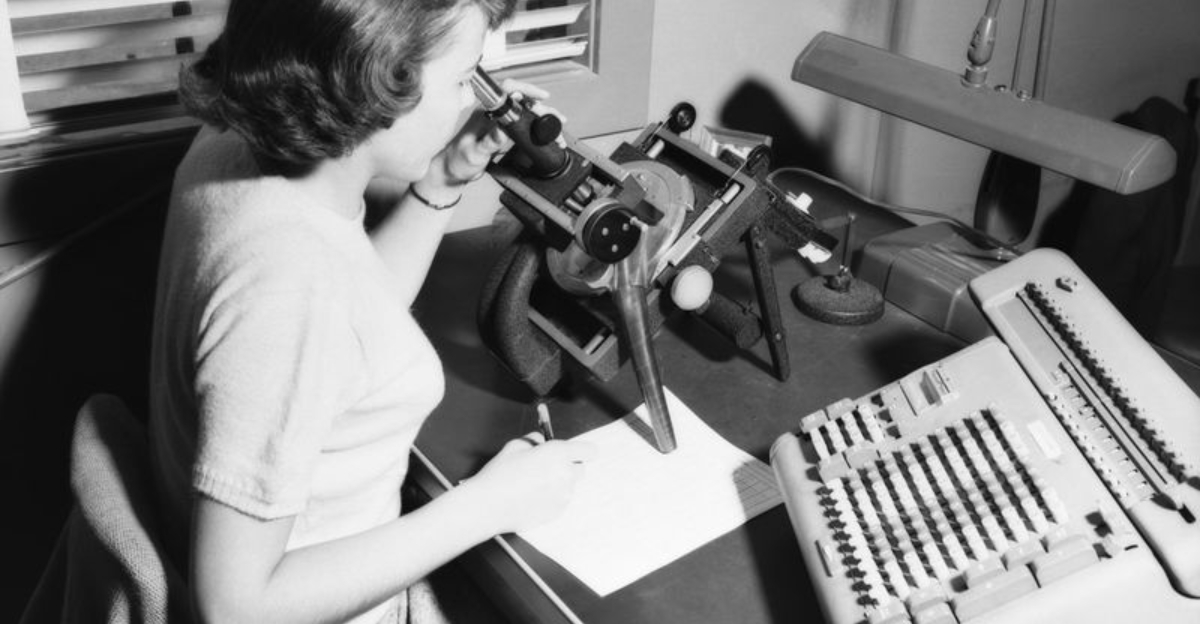
Before computers, smartphones, and modern conveniences, people earned their living in ways that might seem bizarre today. Our ancestors filled roles that technology and social changes have completely erased from the modern workplace.
These forgotten professions shaped daily life for centuries, solving problems we’ve now automated away or simply don’t face anymore.
1. Knocker-Upper
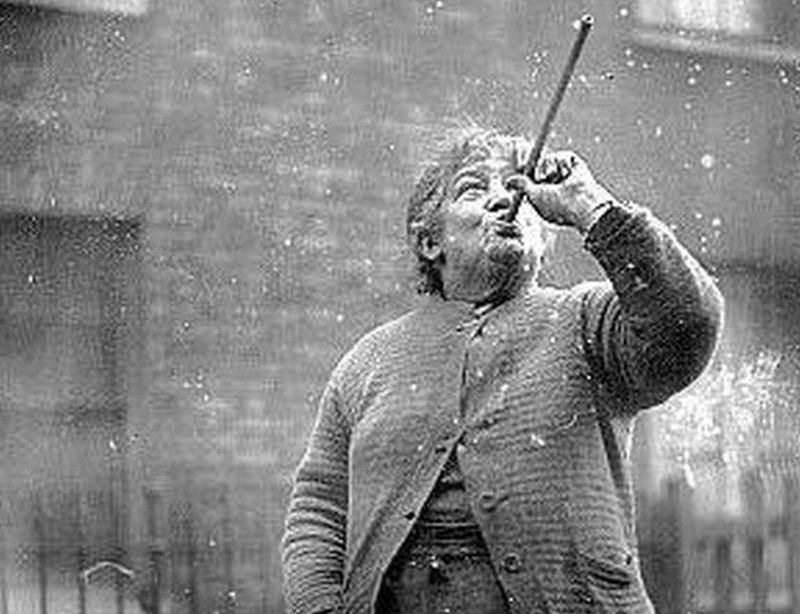
Long before alarm clocks became household staples, the Knocker-Upper roamed city streets with long sticks, tapping on bedroom windows to wake workers for their shifts. These human alarm clocks were especially common in industrial towns during the 1800s.
Factory workers paid a few pennies weekly for this essential service. Surprisingly, this profession survived until the 1970s in some areas of Britain!
2. Rat Catcher
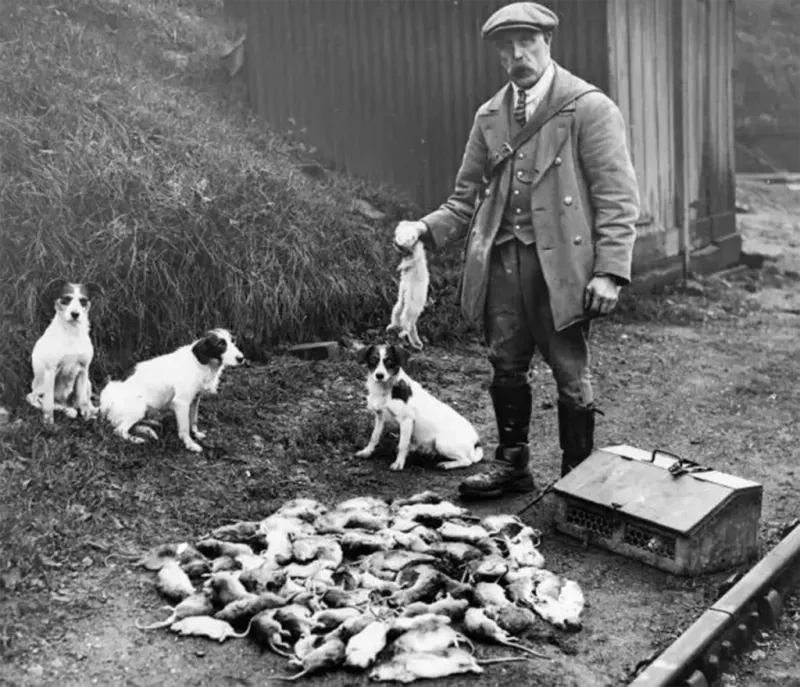
Wielding ferrets, traps, and sometimes poison, professional rat catchers kept rodent populations under control before modern pest control existed. Their work was critical during plague outbreaks when rats spread disease through medieval towns.
The most successful rat catchers became local celebrities. Some even performed public demonstrations showing off their unique catching techniques and trained animals.
3. Resurrectionist
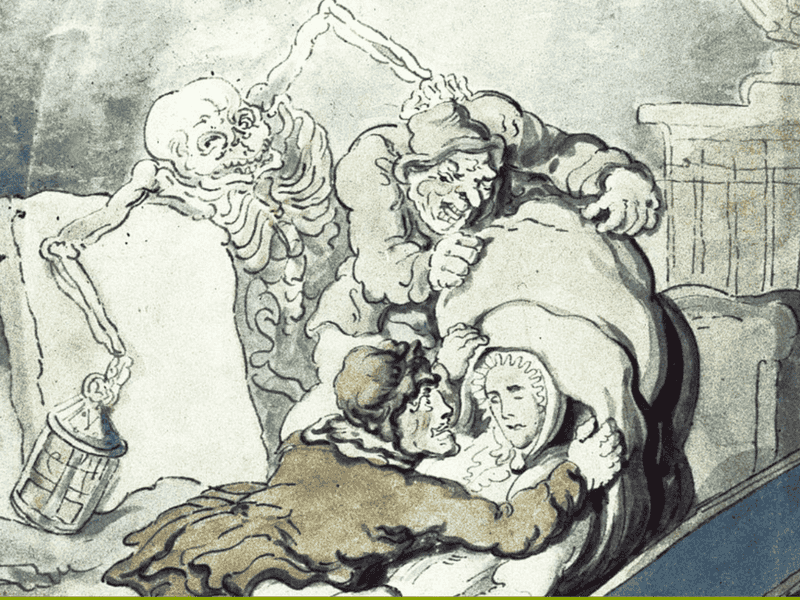
Ghoulish yet practical, resurrectionists (or body snatchers) dug up fresh corpses to sell to medical schools for anatomy lessons. Before modern laws allowed scientific donation of bodies, these night-workers supplied the essential “materials” doctors needed to learn.
Medical students sometimes moonlighted in this macabre profession. The job became obsolete when the Anatomy Act of 1832 finally provided legal means for obtaining cadavers.
4. Lamplighter
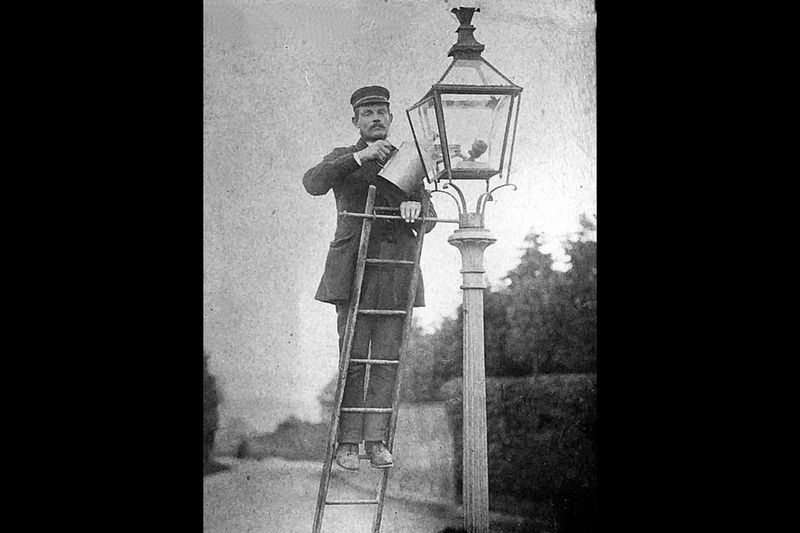
As dusk fell across cities worldwide, lamplighters emerged with their ladders and torches to illuminate gas streetlamps one by one. These nimble workers raced against darkness, climbing and lighting dozens or even hundreds of lamps each evening.
Come morning, they’d retrace their routes to extinguish each flame. Many lamplighters knew their neighborhoods intimately and often served as unofficial night watchmen during their rounds.
5. Leech Collector
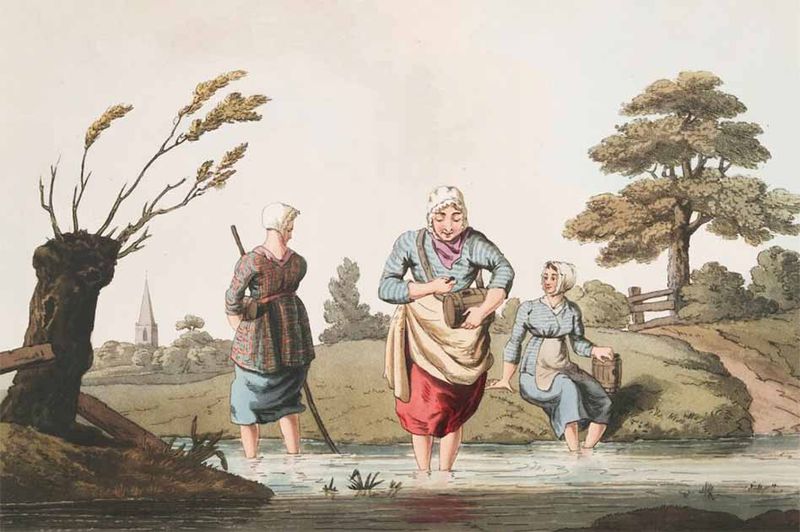
Wading into ponds with bare legs, leech collectors let the bloodsucking creatures attach to their skin before plucking them off for medical use. These brave souls supplied hospitals with leeches used for bloodletting treatments throughout the 18th and 19th centuries.
The profession was as dangerous as it sounds. Collectors frequently suffered from anemia and infections from constantly exposing themselves to these parasites.
6. Lector
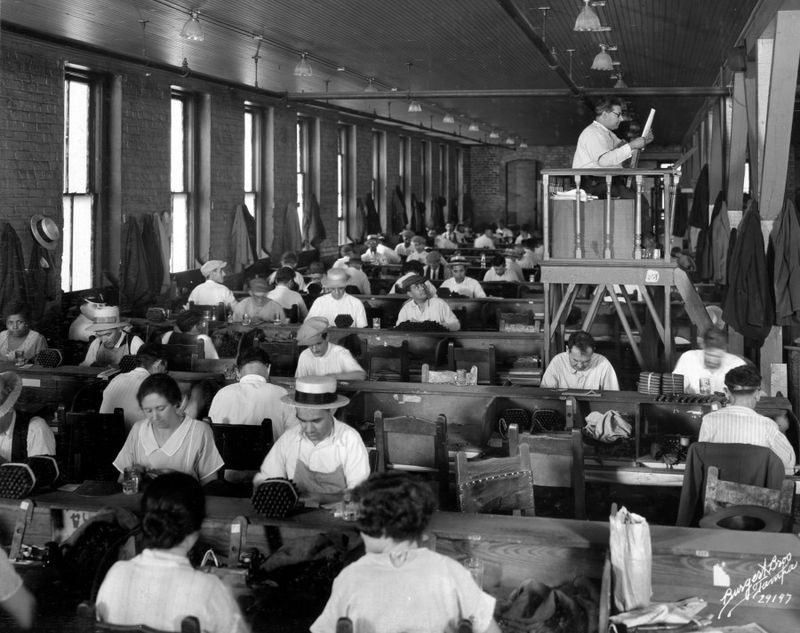
Factory workers pooled their money to hire lectors, professional readers who entertained them during monotonous shifts. Perched on elevated platforms above factory floors, these vocal performers read newspapers, novels, and political works while laborers toiled below.
A good lector needed remarkable lung power to project over machinery noise. The position faded away as radio became widespread and factory owners began viewing lectors as potential union organizers.
7. Computer
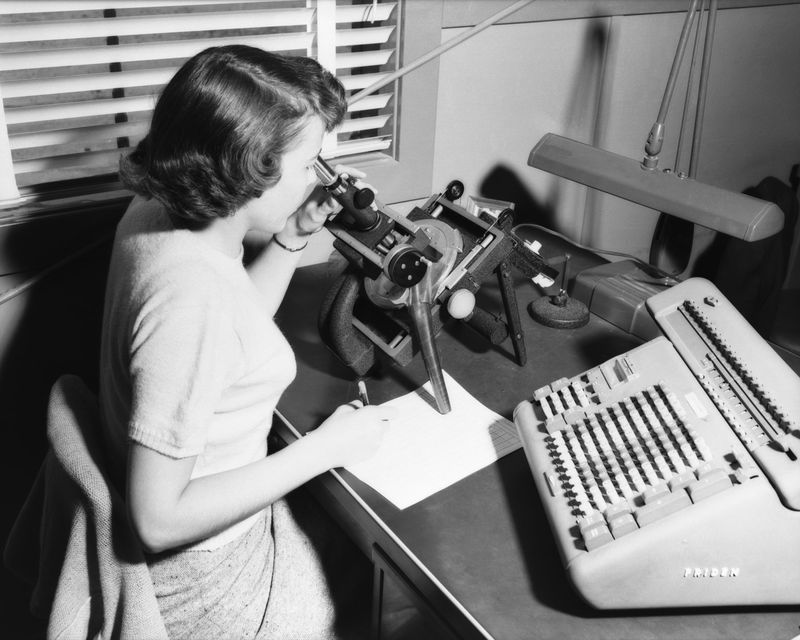
Before electronic devices took the name, “computers” were actual people who performed complex mathematical calculations by hand.
These human calculators worked for scientific institutions, engineering firms, and government agencies, crunching numbers for everything from astronomical tables to ballistic trajectories.
During WWII, these mathematical wizards calculated bomb trajectories and helped crack enemy codes. Their extraordinary mental abilities laid the groundwork for modern computing.
8. Toad Doctor

Rural communities once sought the services of toad doctors—folk healers who “cured” scrofula and tuberculosis using live toads. Their bizarre treatment involved placing a toad against the patient’s neck until it ended its life, supposedly drawing out disease into the amphibian’s body.
These medical charlatans traveled between villages with bags of unfortunate toads. Despite zero scientific merit, the profession persisted into the late 19th century in some isolated areas.
9. Pure Finder
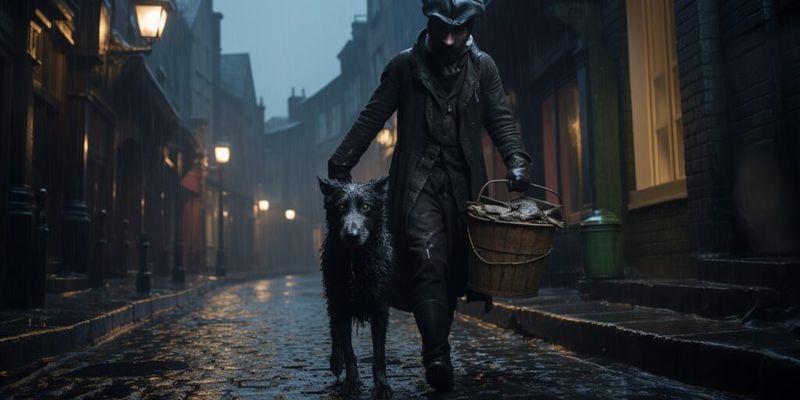
Scouring streets for dog droppings might sound like the worst job ever, but “pure finders” made decent livings collecting this smelly resource. The dog excrement—called “pure” in Victorian slang—was a prized ingredient for leather tanners who used it to soften hides.
Pure finders could collect several bucketfuls daily in busy city areas. The profession vanished when chemical alternatives were developed for the tanning process.
10. Gong Farmer
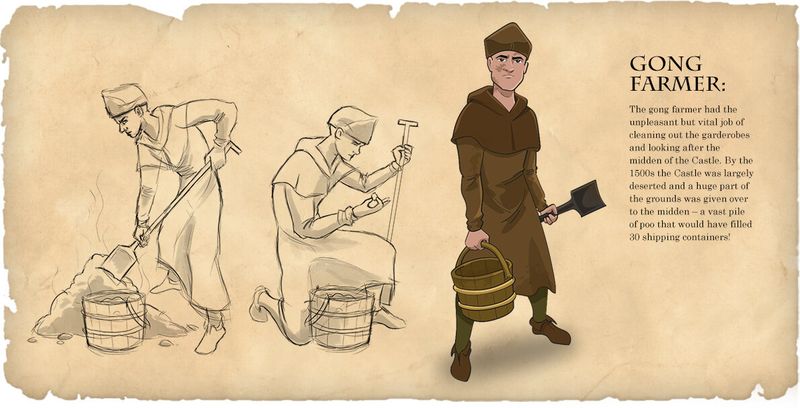
Medieval England’s most odorous profession involved emptying cesspits and privies by hand. Gong farmers (the word “gong” meant waste) worked nights, scooping human excrement into buckets and carting it outside city walls.
Health hazards aside, these workers earned surprisingly good wages—about five times a regular laborer’s pay! The job remained essential until modern sewage systems emerged in the 19th century.
11. Saggar Maker’s Bottom Knocker
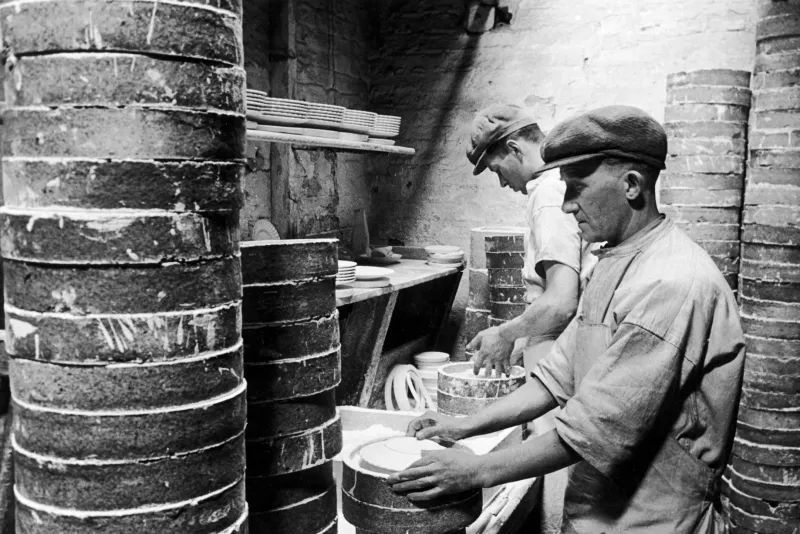
Despite its comical name, this pottery industry position required serious muscle. The bottom knocker used a heavy mallet to flatten clay into the perfect shape for saggars—protective containers that held pottery during firing.
Working alongside saggar makers in ceramic factories, these specialists developed remarkable arm strength and precision.
Their rhythmic pounding created the essential foundation for Britain’s famous pottery industry throughout the 18th and 19th centuries.
12. Sin Eater
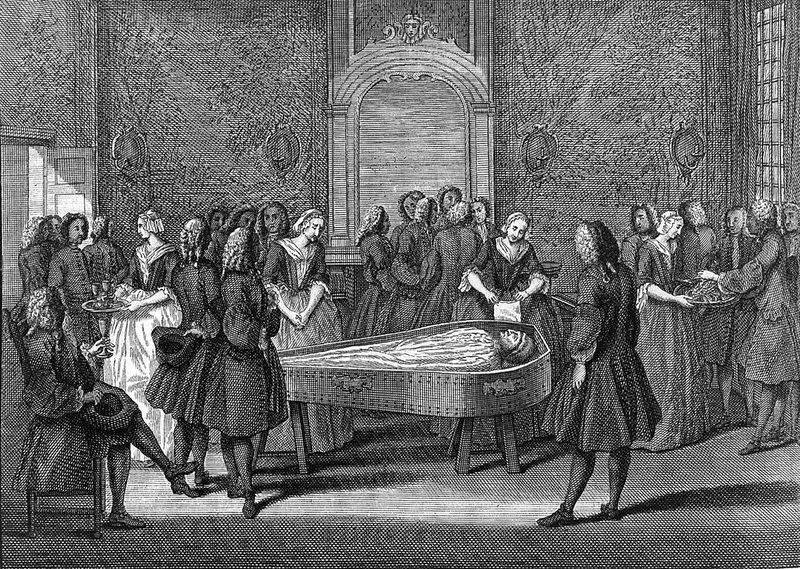
Performing one of history’s most spiritually dangerous jobs, sin eaters consumed ritual meals placed on the chests of the recently deceased.
By eating bread and drinking ale passed over the corpse, they symbolically absorbed the person’s sins, allowing the departed soul to reach heaven unburdened. Shunned by their communities as unclean, these social outcasts performed their services for pennies.
The practice survived until the late 19th century in parts of Wales and England, with rare reports into the early 20th century.
13. Mudlark
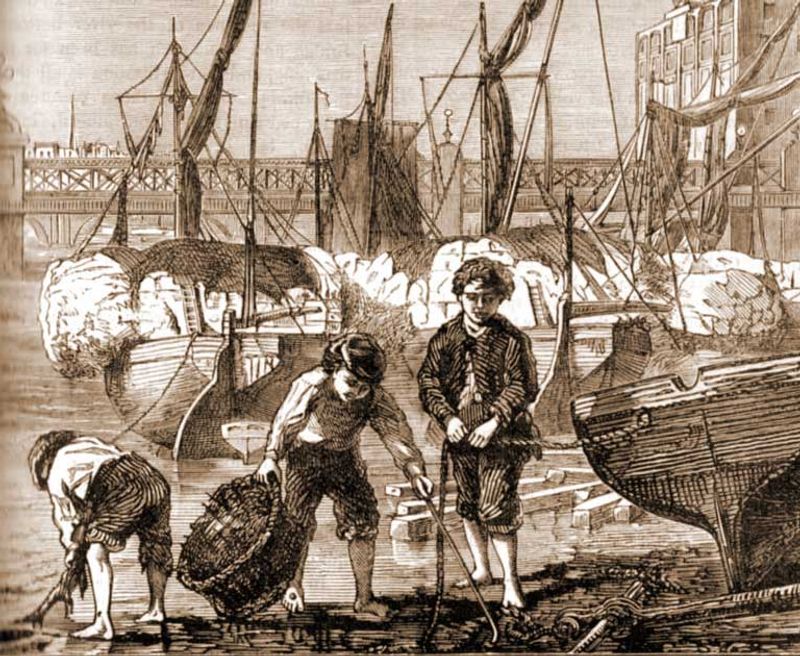
Scavenging at low tide along riverbanks, mudlarks collected anything valuable from the muck—coins, metal, rope, coal, and sometimes even jewelry. Victorian London’s Thames River provided a dangerous living for these desperate individuals, mostly children and elderly people.
Barefoot in toxic mud, they risked disease and drowning daily. Modern mudlarks still exist, but as hobbyists with metal detectors searching for historical artifacts rather than as a survival profession.
14. Whipping Boy
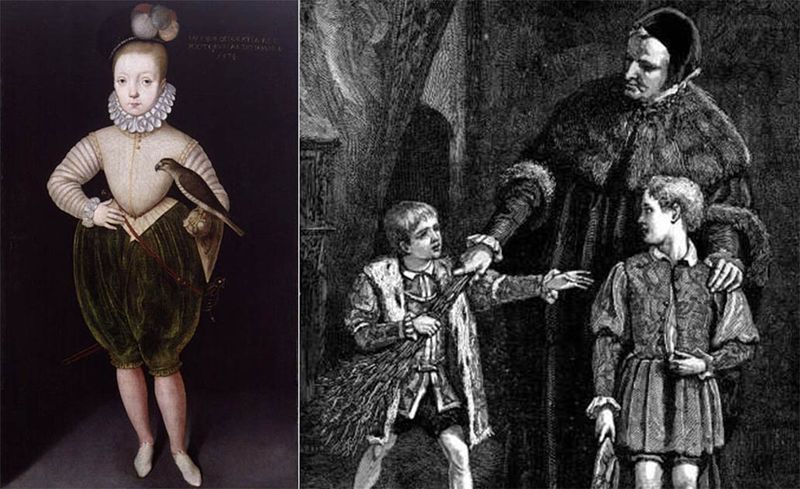
Royal education came with a bizarre twist—when young princes misbehaved, their whipping boys received the punishment! Since no one could strike a royal child, these unfortunate substitutes (usually noblemen’s sons) endured physical discipline while the prince watched.
The theory was that princes would behave to spare their companions pain. Whipping boys lived with the royal family and received excellent education alongside their princely counterparts.
